Tuesday 3/7/06 Day Three
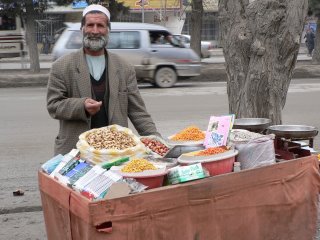 Above and below 3 pics:Around Kabul (taken by Cordelia Persen)
Above and below 3 pics:Around Kabul (taken by Cordelia Persen)
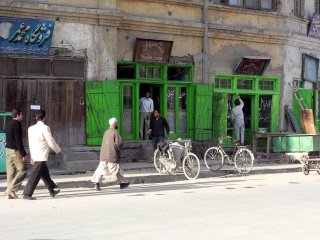
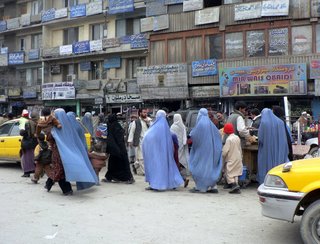
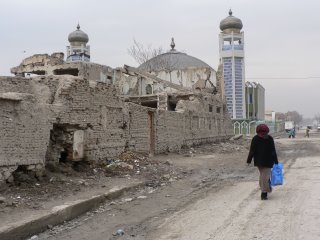 Below pic: International Center for Human Rights and Democratic Development event celebrating women who taught privately in their homes during Taliban
Below pic: International Center for Human Rights and Democratic Development event celebrating women who taught privately in their homes during Taliban
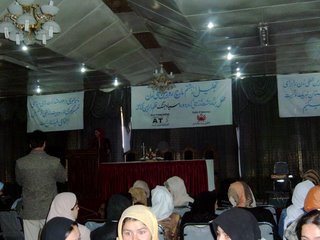 Below 9 pics: A visit with the ICRC/International Center of the Red Cross
Below 9 pics: A visit with the ICRC/International Center of the Red Cross
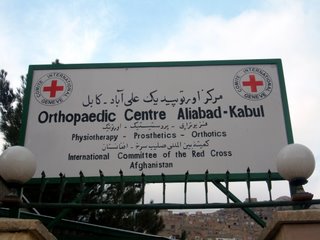
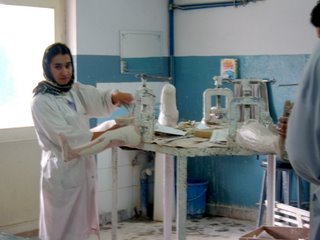
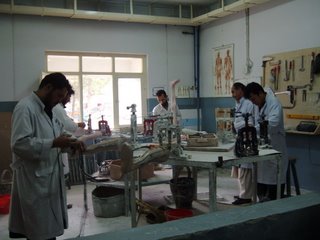
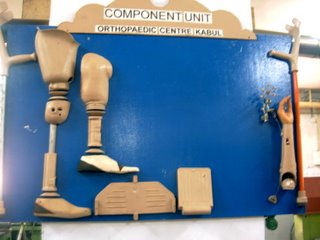
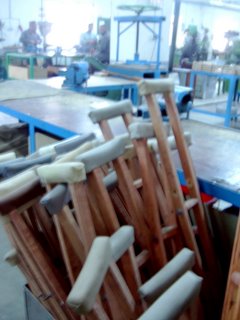
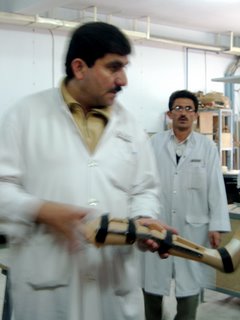
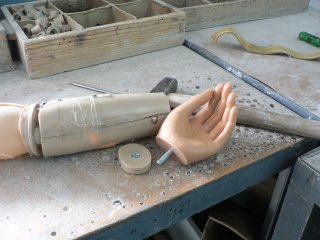

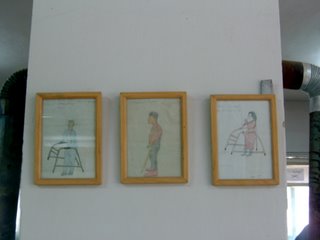 Below 4 pics: A visit with the Afghanistan Commission for Human Rights (where we had the honor of speaking with a group of men from Ghazni)
Below 4 pics: A visit with the Afghanistan Commission for Human Rights (where we had the honor of speaking with a group of men from Ghazni)
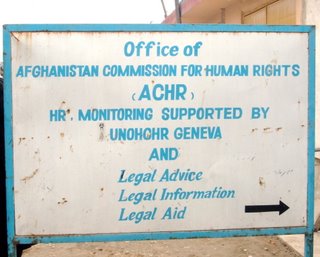
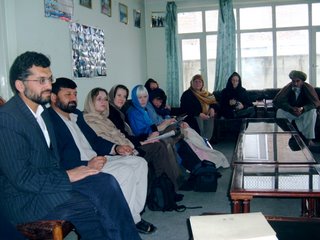
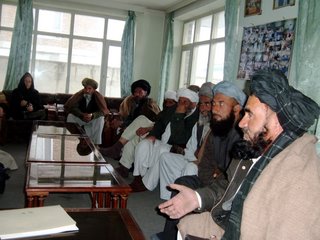
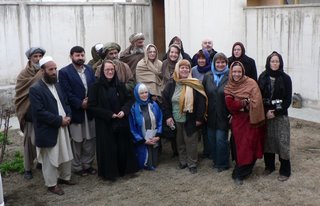 Our first visit this day was in response to a spontaneous invitation to an event held by Rights and Democracy: International Center for Human Rights and Democracy (a Canadian/Afghan organization - http://www.wraf.ca/ .) It was a ceremony celebrating women who risked imprisonment by holding classrooms secretly in their homes during the Taliban regime. We sat at the back of a fairly large auditorium and stayed for the first twenty minutes or so - the fact that the ceremony was (naturally) held in Dari made the novelty wear out quickly. But it was nice to show support. We attracted a lot of attention from young women sitting within our vicinity who eagerly whispered conversation with us in order to practice their English skills. Media covered the event, and later that evening, we even had a chance to see ourselves on the Kabul local news as the camera spanned the audience during the story coverage......On the brochure for the event was a quote I especially like by Martin Luther King, "Our lives begin to end the day we become silent about the things that matter."
Our first visit this day was in response to a spontaneous invitation to an event held by Rights and Democracy: International Center for Human Rights and Democracy (a Canadian/Afghan organization - http://www.wraf.ca/ .) It was a ceremony celebrating women who risked imprisonment by holding classrooms secretly in their homes during the Taliban regime. We sat at the back of a fairly large auditorium and stayed for the first twenty minutes or so - the fact that the ceremony was (naturally) held in Dari made the novelty wear out quickly. But it was nice to show support. We attracted a lot of attention from young women sitting within our vicinity who eagerly whispered conversation with us in order to practice their English skills. Media covered the event, and later that evening, we even had a chance to see ourselves on the Kabul local news as the camera spanned the audience during the story coverage......On the brochure for the event was a quote I especially like by Martin Luther King, "Our lives begin to end the day we become silent about the things that matter." Our next destination was the ICRC/International Center for the Red Cross Orthopedic Project. This, I must say, was one of the more intense visits of the trip (of many), which succeeded at bringing tears to my eyes. This particular center started in 1988 and has since grown to a total of six centers in Kabul and five other provinces. The project was originally intended for war wounded disabled only, but from 1995 the assistance has been extended to any kind of motor disabled, whether war wounded or non-war wounded. The project's five main activities are: Production of leg and arm prostheses; production of orthoses (splints, braces, wheelchairs, etc.); physical rehabilitation; training of local staff (in which only disabled are employed*); and social re-integration of the disabled (employment, micro-credit, education, vocational training, apprenticeship.)
* The main physical therapist that spoke with us and showed us around light-heartedly joked that some people call them discriminatory for hiring only disabled, but that the center frankly didn't care to be accused of such.
All services provided by the center are free. This particular center serves between 200 - 250 patients a day. In the past eighteen years, the ICRC has served 75,000 patients around the entire country, 38,000 of them in Kabul. 80% of amputations are due to land mine accidents.
The physical therapist we spoke with himself lost both his legs in a land mine accident at age eighteen. He came to the ICRC initially as a patient, was eventually asked to work in the center, then pursued schooling for physical therapy, and has dedicated his life to working for the ICRC ever since. He was certainly a very inspiring man.
We had a chance to tour the facility, which was interesting to me until we arrived at the rehabilitation rooms. Watching people, young and old, struggle to make seemingly painful attempts at walking just seemed too voyeuristic to me. This was the moment that I was sincerely moved to tears as I had to duck out in order to compose myself.
The final visit of the day was with the Office of Afghanistan Commission for Human Rights (ACHR - which offers legal advice, information, and aid) and one of the representatives, Mr. Lal Gul. As we approached the home where the organization was located, a group of approximately ten men wrapped in wool shawls and donned in elaborate head-wraps were getting up to leave the informal conference room. Someone in our delegation joked that we request that this group of intriguing men stay in order to converse with them. Najib, always eager to accommodate, giggled in response to the request, whimsically joined his hands together, replied "Building people-to-people ties..." (Global Exchange's motto), and went inside to inquire if the group would be willing to meet with us. The men agreed, additional chairs were brought into the room, and our delegation filled the remaining half of the room quite snugly. A few people from the organization scurried to bring tea and pastries, which were passed around within a short time. In the meantime, Najib introduced us all to Mr. Gol and the men who agreed to stay, also explaining a bit about Global Exchange and the purpose of our delegation. I was able to decipher quite quickly that Najib wasn't speaking Dari at this point, and that the group of men must be Pashto speaking. When Najib was finished, Mr. Gol shared with us, with their permission, the background and situation of the men we were meeting with, also giving the group an opportunity to ask questions. The men were apart of a tribal group from the province of Ghazni (approximately 150 kilometers from Kabul.) They had traveled to Kabul to speak with the organization to make claims against International and American military for mistreatment of people in their village, for unwarranted arrests of twenty-three people in 2003 (four of which are still imprisoned in Guatanamo Prison under accusation of Taliban involvement), and for the ransacking of money and jewelry from their homes. They also had come to speak with the organization about money issues and their village's lack of medical facilities, schools, and clean water. The dialogue with the group of men lasted about twenty minutes and ended with (of course) a request for group photos outside.
After the thankfully short photo session, the group of men departed and our delegation went back inside to speak with Mr. Gol about the organization itself. The organization was established in 1997. At the time, the Taliban were in Afghanistan and there weren't any human rights organizations running at the time. The ACHR attempted to open their office in Kabul but the Taliban prohibited them from doing so. Thus they opened their office in Pakistan and did service for thousands of Afghan refugees in exile there at the time. The organization functioned as a free legal center and provided aid and advocacy for Afghans whose primary issues were regarding mistreatment from the Pakistani government. The ACHR also worked with war-wounded civilians (many of which were wounded during US bombing on Taliban), providing blood donations, food and clothing. In 2002, the organization moved it's office to Kabul, and continue to provide free legal aid, focusing on a wide range of issues such as children's rights, women's rights and prisoner's rights.
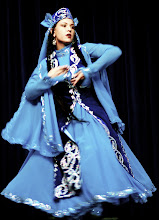

<< Home